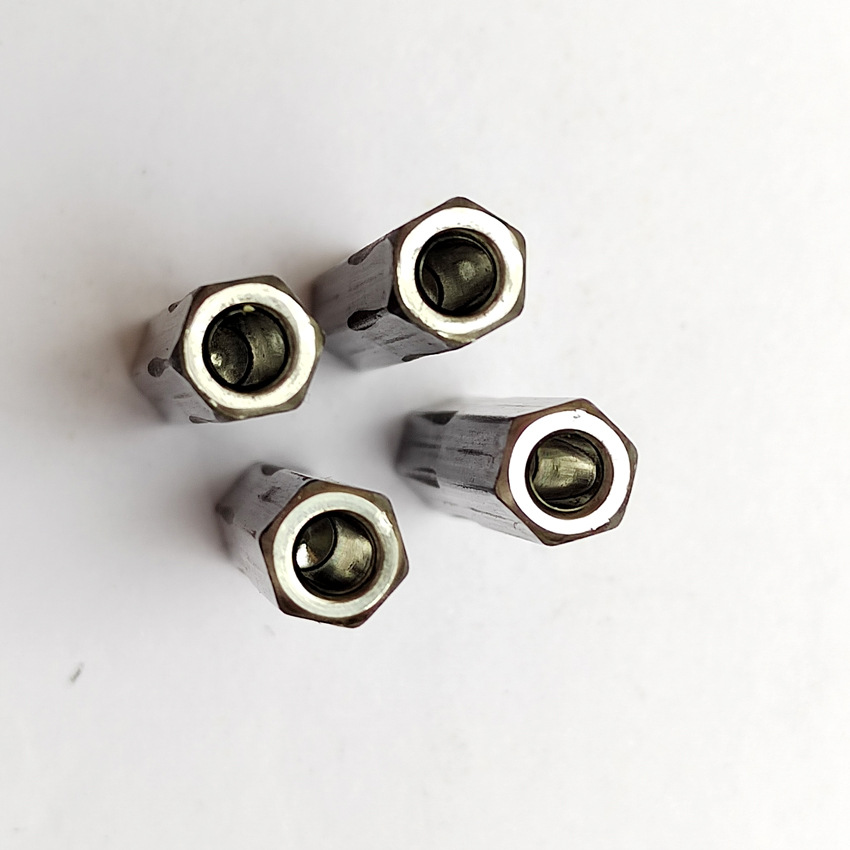How Do Wireless Outdoor PIR Detectors Compare to Wired Models
09/02/2024 In today’s security landscape, motion detectors are essential for protecting both residential and commercial properties. Among these devices, Passive Infrared (PIR) detectors are especially popular due to their effectiveness in detecting movement. When it comes to choosing between wireless and wired outdoor PIR detectors, there are several factors to consider, including installation, maintenance, reliability, and cost. This article will delve into the key differences to help you make an informed decision.Industry experts have said that, wired PIR motion sensor It is very possible to develop and expand, which can be well seen from its previous data reports. https://www.sunlit-tech.com
1. Installation and Flexibility
Wireless Outdoor PIR Detectors:
Wireless motion sensors, such as the wireless motion sensor, offer significant advantages in terms of installation flexibility. These detectors don’t require extensive wiring, allowing them to be installed in various locations without the need for professional help. This makes them ideal for places where running wires is difficult, such as older buildings or outdoor areas. The ease of installation also means you can set up a comprehensive security system quickly and with minimal disruption.
Wired PIR Detectors:
On the other hand, wired PIR movement detectors require a more complex installation process. This involves running cables through walls, ceilings, or underground, which can be time-consuming and may require professional installation. However, once installed, wired detectors provide a stable and reliable connection that is not subject to wireless interference. This can be particularly beneficial in areas with a lot of electronic devices that might disrupt wireless signals.
2. Power Source and Maintenance
Wireless Outdoor PIR Detectors:
Wireless pir movement detector are typically battery-powered. While this allows for flexible placement, it also means that the batteries will need to be replaced periodically. Depending on the model and usage, battery life can range from several months to a few years. Some advanced wireless detectors come with features like power-saving modes and low-battery alerts to help manage this maintenance task.
Wired PIR Detectors:
In contrast, wired detectors draw power directly from the electrical system, eliminating the need for battery replacements. This ensures continuous operation without the risk of a detector going offline due to a dead battery. However, it does mean that the installation needs to include considerations for electrical wiring, which can add to the complexity and cost.
3. Connectivity and Reliability
Wireless Outdoor PIR Detectors:
One of the biggest advantages of wireless motion detectors is their ability to integrate with modern smart home systems. These detectors can connect to your home network, allowing you to monitor and control them remotely via your smartphone or other devices. They can send real-time alerts, enhancing your overall security. However, wireless signals can be susceptible to interference from other electronic devices, which might affect their reliability.
Wired PIR Detectors:
Wired PIR movement detectors are known for their reliability. Since they are hardwired, they are not affected by wireless interference, providing a stable connection to your security system. This makes them a good choice for environments with high levels of electronic noise. Additionally, wired detectors are less vulnerable to hacking compared to their wireless counterparts, offering an extra layer of security.
4. Security and Scalability
Wireless Outdoor PIR Detectors:
Wireless motion detectors are easily scalable. You can add more detectors to your system without the need for additional wiring, making it simple to expand your security coverage as needed. Their integration with smart home systems also means they can work in tandem with other security devices like cameras and alarms, providing a comprehensive security solution.
Wired PIR Detectors:
Scaling a wired system is more complex due to the need for additional wiring. However, for stable environments where the security setup is unlikely to change, wired systems offer robust and reliable protection. They are also less prone to interference and hacking, which can be crucial for high-security applications.
When deciding between wireless outdoor PIR detectors and wired models, consider your specific needs and circumstances. Wireless motion sensors offer flexibility, easy installation, and integration with modern smart home systems, making them ideal for dynamic and evolving security needs. Wired PIR movement detectors, however, provide unmatched reliability and stable performance, especially in environments with a lot of electronic interference. By weighing these factors, you can choose the PIR detector type that best suits your security requirements and provides peace of mind